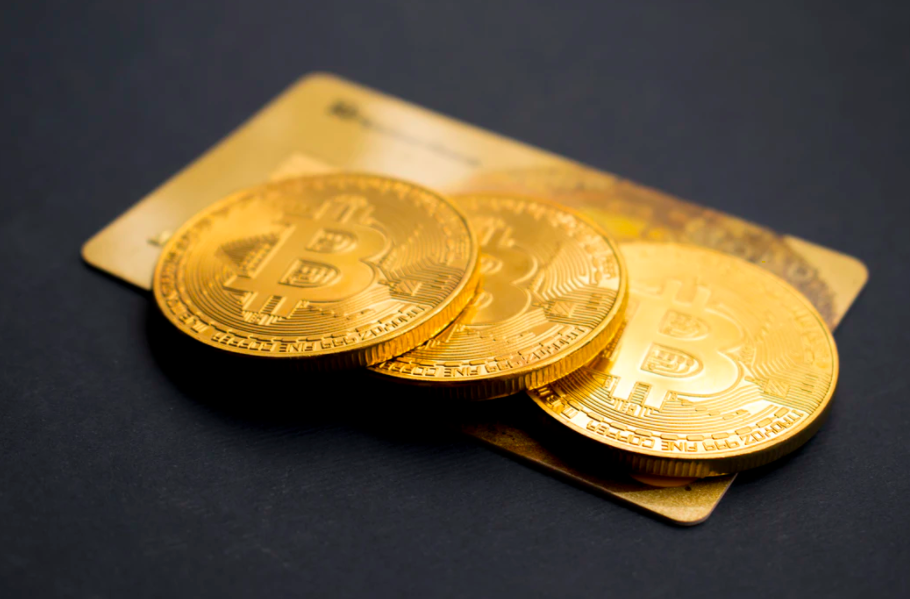
Source: Piqsels
Ever since the launch of Bitcoin in 2009, cryptocurrency has become an increasingly global phenomenon. As the number of crypto assets rises by the month, so too does the number of cryptocurrency exchanges where you can buy, sell and trade said assets.
If you’ve never bought cryptocurrency from an exchange before, you might be wondering about the costs involved with buying and selling a crypto asset through centralised and decentralised exchanges.
You may of course have used a stock trading platform before to invest in conventional assets like stocks, commodities, and indices. Some brokerages will offer 0% commission on those investments or allow you to purchase fractional shares. Most of these platforms will also allow you access to different exchanges, or different products like ETFs or investment trusts. However, with cryptocurrency, the reality is that trading will incur some form of commission or fee. It’s very rare to find an exchange that offers commission-free crypto trading.
Maker and taker fees
When a user buys or sells cryptocurrency through an exchange, they are usually charged a ‘maker fee’ or a ‘taker fee’. A maker fee is typically lower than a taker fee. That’s because it rewards users for providing liquidity into the exchange by submitting limit orders into the order book upfront. Those who take a price will be charged a more expensive taker fee as they are simply taking liquidity from the exchange’s order book.
On average, a maker fee can range from anywhere between 0.10% and 0.25% of the value of your overall trade. The average taker fee is somewhat higher, with exchanges typically charging between 0.20% and 0.40% of the value of your overall trade. It’s important to factor this into your cryptocurrency investments. Naturally, the bigger your investments, the more money you’re going to need to set aside for maker or taker fees.
Exchange fees based on recent trading volumes

Source: Piqsels
Some cryptocurrency exchanges also calculate their trading fees in an alternative way. Instead of charging a flat percentage per trade, some will charge active clients a percentage of their trading volume over the last 30 days. This is normally arranged in a tiered structure, with those posting the highest 30-day trading volumes paying the lowest fees. Meanwhile, those with the lowest 30-day trading volumes will pay the highest fees. This is a clever ploy from some exchanges to encourage users to increase their activity in the markets, thereby driving increased liquidity.
It’s also important to note that if you plan to buy cryptocurrencies using fiat currency like GBP or USD, you are likely to be stung with deposit and withdrawal fees, too. Exchanges prefer those who deposit in cryptocurrency and make crypto-to-crypto trades in the markets. These individuals are usually rewarded with zero-free deposits and withdrawals.
Sometimes, users will opt to suck up the deposit and withdrawal fees for fiat currencies as a one-off. They will look to buy some Bitcoin (BTC) which is the most popular cryptocurrency. This can then be used to trade against other altcoins, as Bitcoin is one of the most popular assets used in trading pairs on crypto exchanges.
Network fees
Aside from exchange fees, cryptocurrency investors will also incur network fees. Although each crypto trade occurs between buyers and sellers – with no third-party involved – these transactions still need to be recorded on the relevant asset’s blockchain. Network fees are paid to blockchain ‘miners’ that verify and validate these transactions on public blockchains. Average transaction fees for some established altcoins like Ethereum can be as much as £20-£21.
A clever way to offset trading fees on cryptocurrency exchanges is to take advantage of welcome promotions for first-time users. Some exchanges are prepared to award free cryptocurrency, giving you immediate cryptocurrency to trade with – without having to fork out deposit fees for GBP or USD transactions. Referral schemes are also particularly rife across the leading crypto exchanges. Refer a friend or multiple acquaintances and you should be able to comfortably cover your maker or taker fees, as well as any fiat deposit fees.





 usdt
usdt xrp
xrp

